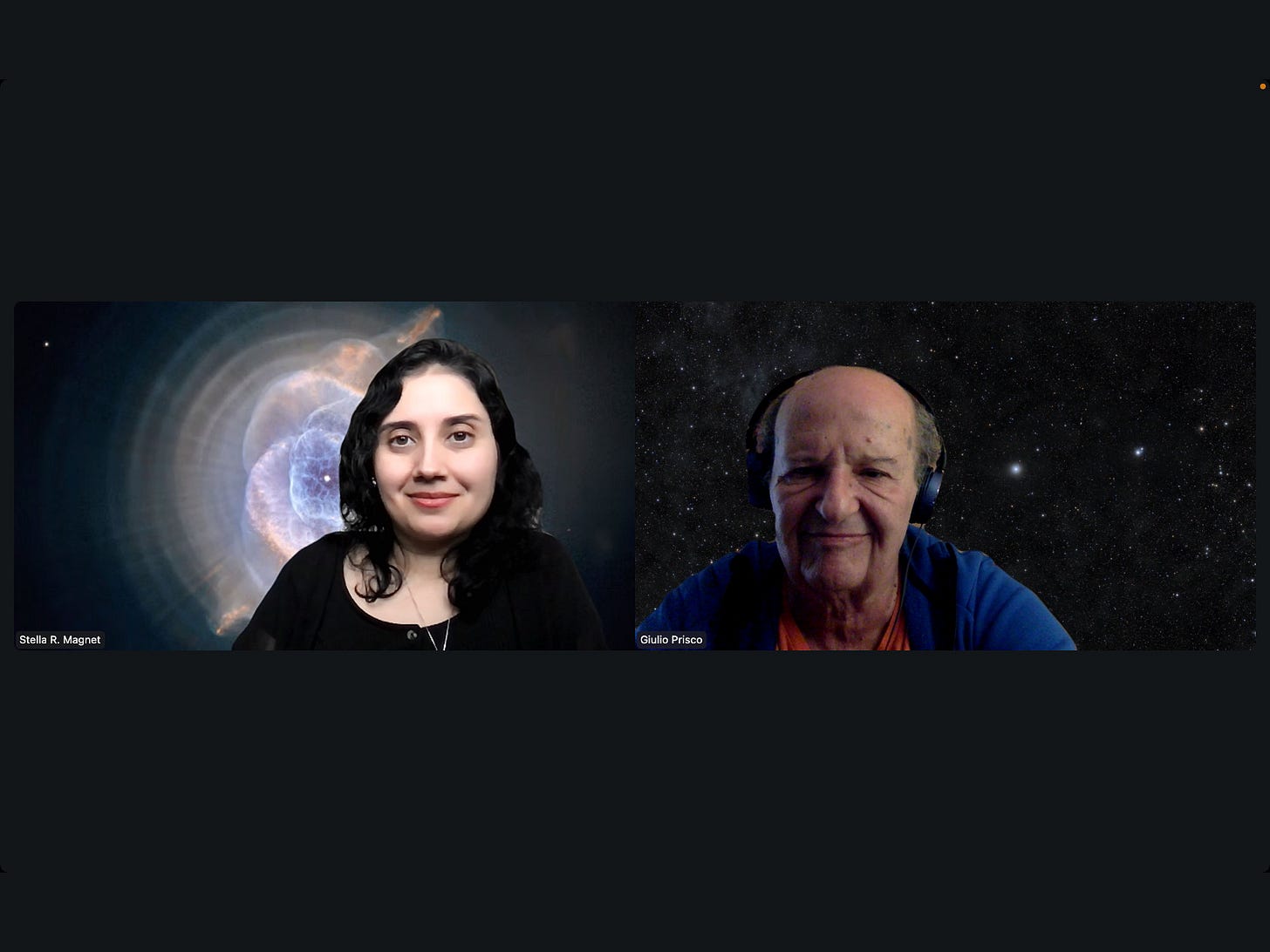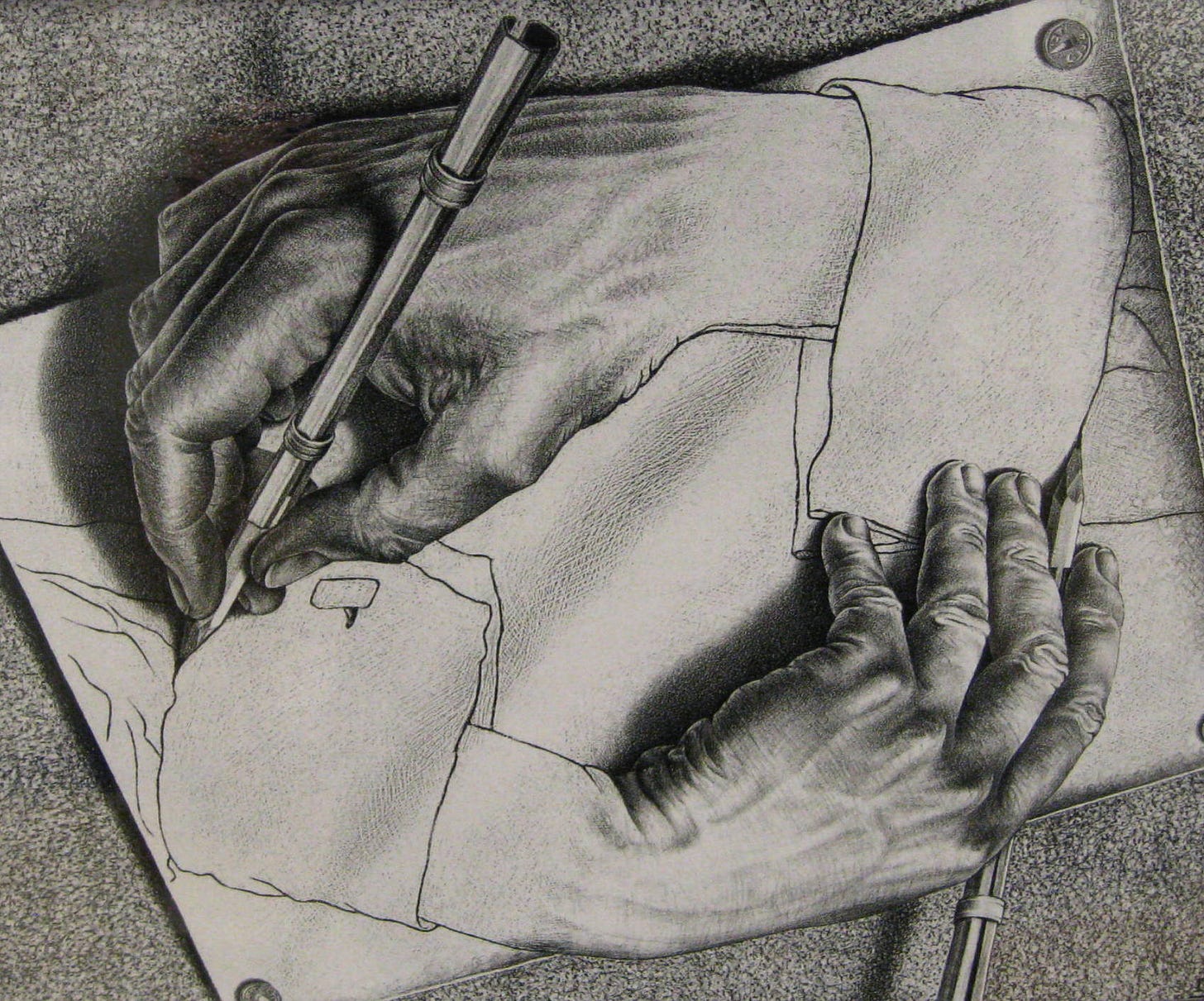Nikolai Fedorov and space expansion, revisited
God wants us to go to the stars and remake the universe.
Greetings to all readers and subscribers, and special greetings to the paid subscribers!
Please scroll down for the main topic of this newsletter. But first:
Michelle Hanlon, Moti Mizrahi, Frank Tipler, Stefano Vaj, Frank White, and Robert Zubrin have confirmed that they’ll give talks at the Terasem Colloquium on July 20.
The Colloquium will explore diverse points of view on the topic of space expansion in the age of artificial intelligence (AI). In particular, it will explore answers to the question:
Should we still want to send human astronauts to colonize space? Or should we want to leave space expansion to AI?
The speakers have diverse points of view and different answers to this question. To me, this question is a paramount existential issue. I’ve given my tentative answers and will contribute an essay to the next issue of the Terasem Journal.
I had a very interesting discussion with Martine Rothblatt on this question at an online Terasem gathering a few days ago.
Stella R. Magnet and I have recorded and published the first episode of the BLAXXKY podcast.
This is the humble beginning of a project that, I hope, will become big.
The BLAXXKY podcast will cover weird things, very weird things, and even weirder things. UFOs/UAPs, paranormal stuff, time travel and all that. Also, weird proposals for new forms of social and economic organization. But mind you, expect high quality weirdness.
This podcast will be open to all viewers and listeners, but paid subscribers to blaxxky.com will be able to join the recording sessions and intervene. They’ll also be able to comment and interact on blaxxky.com. Please consider subscribing as a Founding Member to support this initiative and also to officially join Black Sky Society.
Some thoughts on God:
If God creates the universe, who/what creates God? A good answer that doesn’t introduce other entities or an infinite regress of creators is that the universe creates God. This logical loop is illustrated by the Escher picture of the two hands each drawing the other.
Olaf Stapledon put this in the form of a self-consistent time loop: “God, who created all things in the beginning, is himself created by all things in the end.”
Erich Jantsch said that “God is not the creator, but the mind of the universe.” Previously in the same book he had introduced the concept of self-organizing dynamics and “called the self-organizing dynamics of a system its mind.”
But we all have a concept of our mind as something that is somewhat different and separated from our physical body. The concept of a wholly separated mind is, I guess, mistaken, but the concept of the mind as a more or less separated layer of the self is intuitive. So, we can still think of God as something that is somewhat different from the physical universe.
We can also blur the line between God the mind and God the creator: the self-organizing dynamics that shapes the structure and evolution of a system can be called a mind, but also an underlying creative force.
This continues my previous post “Nikolai Fedorov and technological resurrection, revisited.” I’m revisiting the ideas of Nikolai Fedorov and reading the French translation of his works: “Philosophie de l'oeuvre commune” (Éditions des Syrtes, 2021).

The Russian Cosmist philosopher and scientist Konstantin Tsiolkovsky, the father of the Soviet space program, was mentored by the iconic Cosmist philosopher Nikolai Fedorov, the originator of the concept of technological resurrection.
Fedorov considered space expansion a key enabler of technological resurrection, both to make room for our resurrected ancestors and because the means to resurrect them could be found in outer space, and played an important role in Tsiolkovsky’s formation.
The precise influence of Fedorov on Tsiolkovsky’s work on spaceflight is hard to pin down, and there are conflicting reports, but it seems plausible that the spirit of Fedorov’s Cosmism informed Tsiolkovsky’s vision of humanity leaving its planetary cradle and becoming a universal force. God wants us to go to the stars and remake the universe. And Cosmism as a whole has been a powerful inspiration not only for the Soviet and then Russian space program, but also for the global push to outer space.




The self-organizing dynamics the shape the structure and evolution of a systems are the mind of a system. I don't agree with this definition, otherwise we could say that the universe is the mind of itself and that biology is the mind of life. The mind always looked like something that thinks and has self-awareness.